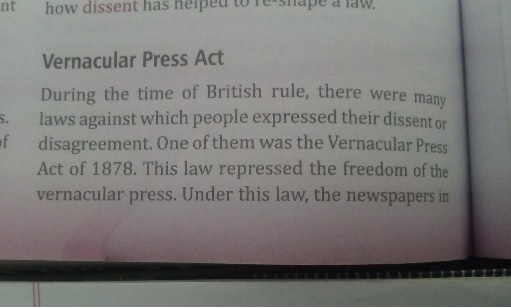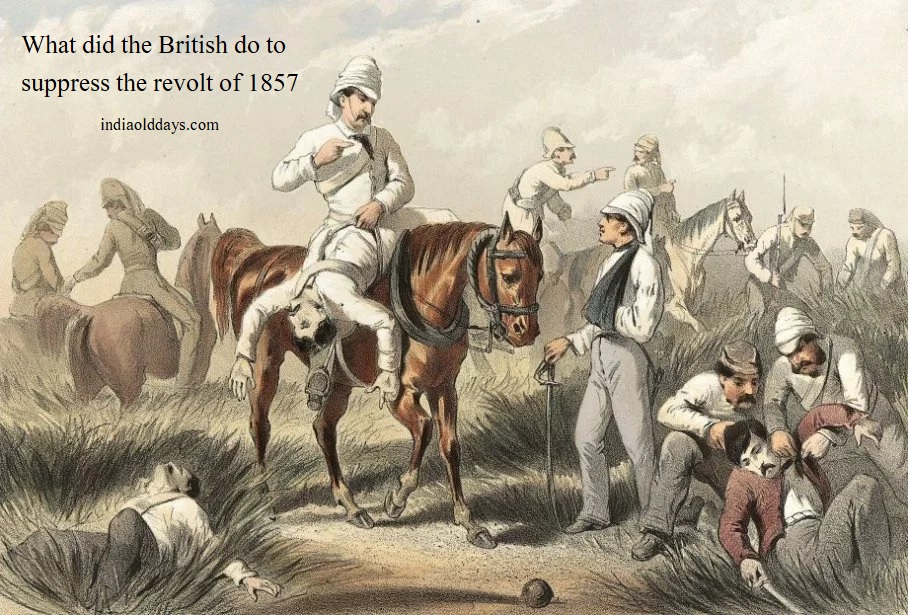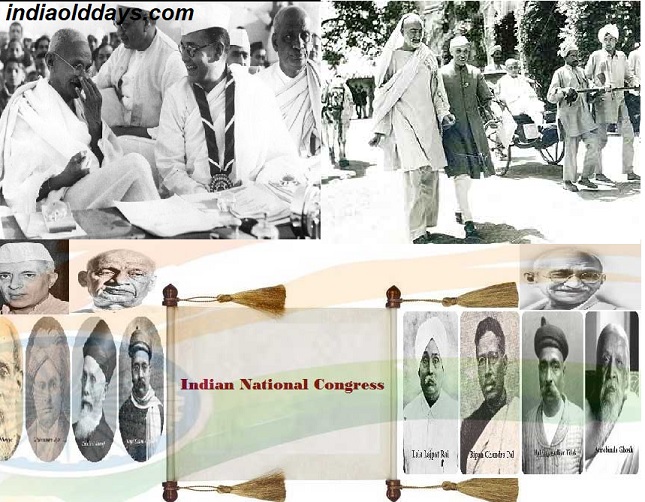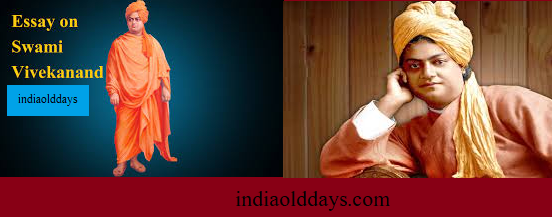What was the Revolution of 1857: Reasons
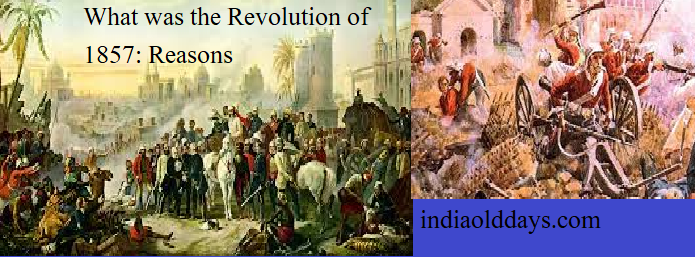
The history of East India Company in India is of continuous expansion of its empire and the economic exploitation of Indians. The main goal of the company was to achieve maximum economic benefits and to expand their empire. The East India Company was established on the basis of deception, cunningness, and exploitation.
The expansion of the British Empire brought fear among the Indian rulers that their power would end soon. The fear of Indian rulers and the dissatisfaction of citizens gave birth to the revolution of 1857 & the East India Company was destroyed in this revolution.
The revolution of 1857 is one of the most important events in Indian history. According to English writers, the military rebellion was the main reason for this revolution. They criticized the contribution of the public in this revolution. But the truth is that the Indians were dissatisfied with the reactionist policies of the British. This discontent resulted in the revolt of 1816 in Bareilly and 1832- 33 in Keel. The kings of Kangra, Jasvar, and Datapur also rebelled in 1848. In 1855-56 AD there was a revolt of Santhals. Although the British oppressed all these rebellions on the strength of their military power, these rebellions prepared the background of the Revolution of 1857 AD. The revolt of 1857 AD was the most comprehensive revolution against British rule.
Reasons for the revolution of 1857:
Political reason-
Most of the political causes of the revolution came from Dalhousie’s imperialist policy. Indians were freaked out by Dalhousie‘s policy of prohibition on adoption. This prohibition abolished various Indian kings and dynasties. Some states were accused of mismanagement. And they were abducted by the British. Indian kings got angry with this. The devotees of the British also began to doubt their existence. The end of kings and dynasties also affected the various classes’ dependents on them. The British stopped the titles and pensions of the rulers of Karnataka and Tanzore. If Indians did not revolt against these conditions, then it would have been said inhumanity. With the abduction of Jhansi, it became clear that the interests of the rulers could not be safe under the English imperialism.
The public was angry on the misbehavior with the Mughal Emperor. Indians thought that the British were invincible in terms of military power. But after the first Afgan war, it was cleared for Indians that if the Afghan can compete with the British to protect their independence, then why can Indians not do it?
At the same time, the rumor spread that Russia is going to attack India to take revenge for the Crimea war. This made Indians more excited. They thought that when the British will be involved in a war with Russia then there would be a success in revolt against them. Meanwhile, an astrologer predicted that the British rule in India would end after one hundred years. The British started rule over India after the Battle of Plassey in AD 1757. Now in the year 1857, a hundred years had been completed. This created a good atmosphere for the revolution.
Administrative reasons-
Lord Cornwallis did not trust the Indians and dismissed them from high positions. Though the Charter Act of 1833 had removed the caste and apartheid policy and also announced to take the Indians back in the service of the company. But this section of the Act was never implemented. The British were considered superior to the Indians in the judicial field. In the courts of the Indian Judiciary, no case could be filed against them.
The law implemented by the British was absolutely new to the Indians. They could not understand it properly. So much money and time were wasted in this justice system, and still, there was an uncertainty.
The company’s supremacy was established in India. Due to this, a powerful British officer class was developed in the administration. This officer class kept themselves separate from Indian employees. They humiliated them in every way. Their behaviour with Indian employees was worst. Not only that, they did not even allow the British to meet the Indians. Indians got angry with the British policy of discrimination of the species.
Social reason-
Indian social life was affected by the efforts of the British to remove the evils of Indian society. Due to Western education, the Indians started following Western Individualism. Thereby, the characteristics of Indian social life were eliminated. Indians thought that the British wanted to destroy the Indian civilization by interrupting in social rules. The uneducated public could not understand the scientific experiments of railways, strings etc. They considered it an attack on civilization and religion.
The British were insulting Indians in a social way. The Indian could not travel in the first class of train. It was written on the plates of the hotels and clubs that dogs and Indians are prohibited.
The British also promoted their culture in the name of reforms. They encouraged European medicine science, which was against Indian medical science. School, hospital, office, and army became the centers of Western promotion. This led to the plight of Indian civilization and culture. Soon, the Indians realized that the British wanted to destroy Indian civilization and culture. Also, they wanted to make them Christian. Therefore, the Indians had hatred towards the British and this disgust became the rebellion in 1857.
Religious reason-
The British promoted Christianity in India. The Charter Act of 1813, granted freedom to Christian missionaries to promote their religion in India. In the British Parliament, Megals had announced that God has provided the empire of India to Britain so that Christianity can spread from one end of India to another end. Every person should put his power by all means, to transforming all Indians into Christianity. Under this policy of the British, all the facilities were provided to Christian preachers.
Christian preachers were disobedient. They abused openly to incarnations of Hindus and the prophets of Muslims. This created rebellion among Indians.
Economic reasons-
The financial exploitation of the Indians by the British was more worse than that of political. The destruction of cottage industries started after the acquisition of civil rights in Bengal. The Charter Act of 1813 permitted private businessmen of British to trade in India. By Free Trade policy, goods manufactured in England began to sell in Indian markets. As a result, the Indian industries were destroyed. The British took control of Indian trade, commerce, and cottage industries. So, poverty began to increase in India. Excessive wealth of India started transferring to England.
Military reasons-
The British had established their supremacy in India with the help of the Indian Army. That’s why the company had kept Indian soldiers in their service. Due to the subsidiary system of Velejali, there was an unexpected increase of Indian soldiers in the company’s army.
In the army, a discriminatory policy was adopted with the Indian soldiers regarding salary, allowances, and promotions. Because of that, the Indian soldiers had rebelled against the British.
Immediate reason-
The belief in the Indians was becoming stronger that the British wanted to destroy Indian religions, rituals, and cultures. In such a situation, an incident of the Fat Cartridge happened. An Enfield rifle was invented in the UK, a special type of cartridge was used in this rifle. The fat of cow and pig was used to make it smoother. The cap of this cartridge had to cut off by mouth before putting this in to the rifle. This rifle was used in India.
One day a Khalasi in Damdam arsenal, wanted to drink water from a pot of Brahmin soldier. But the Brahmin believed that it is against his religion and he refused to give. The Khalasi satirized that his religion would end up with the use of new cartridges. The fat of cow and swine is used to make it. The satire of Khalasi exposed the truth. Soldiers got angry with this.The soldiers of Barhampur refused to use these cartridges on January 26, 1857. Later the soldiers followed the order, but Kenning dissolved the military camp. This led to dissatisfaction among other soldiers.
A soldier named Mangal Pandey revolt against the British. He shot the British officers on fire. In this incident an English officer was dead and two were wounded. Mangal Pandey was imprisoned and sentenced to death. The Awadh Regiment of Lucknow also refused to use these cartridges on 2nd May 1857. Consequently, the Awadh Regiment was dissolved.
The news of fat cartridges reached to Meerth also. The British military officer Carmichael Smith in Meerth was extremely egotistical. On 24th April 1857, he sentenced a troop of horsemen for the imprisonment of 5 years, when they refused to use these cartridges. On 9 May he sent them to jail. Also Carmichael challenged other soldiers to take revenge for the insult of their colleagues. On 10 May 1857 at 5 pm, foot soldiers of Meerth rebelled, and later this rebellion spread into a troop of horsemen. Carmichael escaped his life somehow. The rebels entered to the jail and released the prisoners. Weapons were provided to prisoners. They killed the British wherever they found them. Then they moved towards Delhi.
Reference : https://www.indiaolddays.com/

